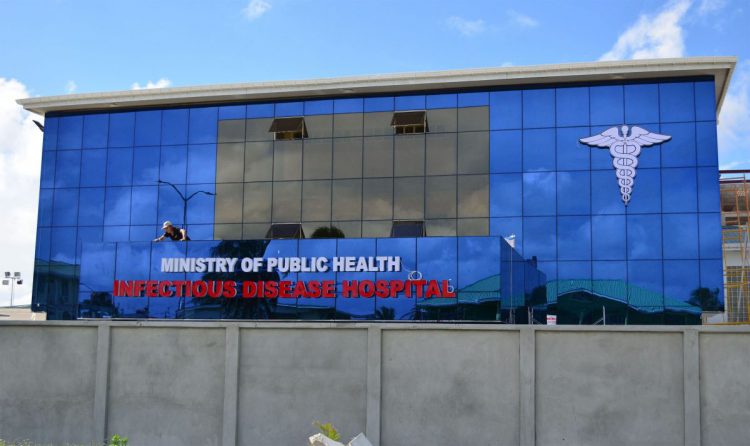The Organization for Economic Cooperation and Development (OECD) said what has been two decades of enhanced well-being realized by countries in the hemisphere now threatens to be reversed by the onslaught of the COVID-19 pandemic and the reversal will be attended by the deepening of existing challenges in the period ahead.
The OECD’s assessment of the consequences of the pandemic titled, “How’s Life in Latin America” said the pandemic impacted Latin America and Caribbean particularly amongst the most vulnerable groups, touching every aspect of people’s well-being and leaving a high number of deaths in its wake.
It has been all the more devastating given the fact that it materialized at a time when income growth and poverty reduction in the hemisphere were already plummeting, employment was falling and people were experiencing a decline in satisfaction with their living conditions, while their trust in public institutions was diminishing.
In its assessment, the OECD said the people of Latin America and the Caribbean experienced gains in material well-being in several areas in the two decades before the pandemic. It noted that household consumption spending rose on average by a third between 2000 and 2019; life expectancy improved as did secondary education attainment and the number of households with access to drinking water. However, once the pandemic hit, life satisfaction generally dropped sharply, particularly among the most vulnerable – women, the young, people living in rural areas and the lower-educated.

The OECD estimated that the number of people falling below the absolute poverty line across the region as a whole rose by 22 million to 209 million in 2020, using the UN’s ECLAC definition. Additionally, lockdowns and various other containment measures designed to mitigate the impact of the pandemic took a particularly severe toll on low-paid and informal workers in circumstances where as many as 38 percent of all workers and 61% of vulnerable informal workers in the region do not have access to any kind of social protection.
In the region, attempts to put alternative learning mechanisms in place in the face of schools’ closures were undermined by the fact that 46 percent of children aged 5 -12 live in households with no connectivity and fewer than 14 percent of poor students in primary education have a computer connected to the Internet at home.
The pandemic came at a time when, according to the OECD report, 25% of the population of Latin America did not have access to essential health care.
The report asserted that enhancing the well-being of the people of the hemisphere needs to be put at the heart of countries’ recovery plans and that any recovery initiative should tackle pre-existing challenges as well as those that have since emerged. The OECD also suggested that broader measures of success, beyond purely macro-economic ones, inform the design and evaluation of policies.








